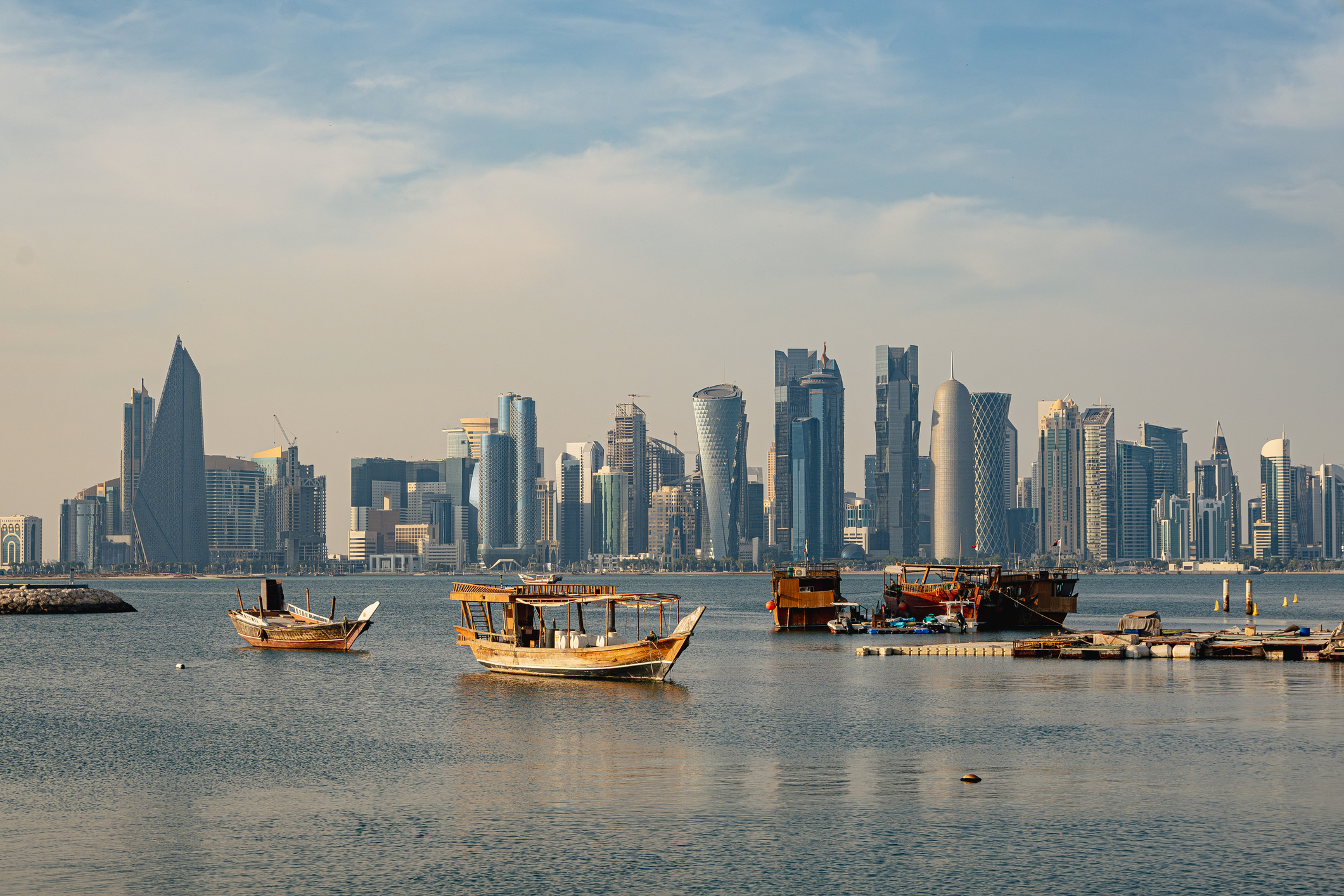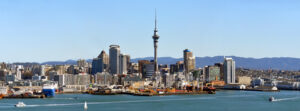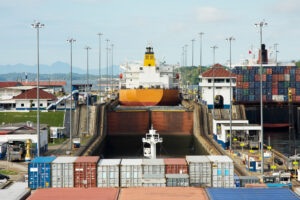Update: Qatari authorities have announced that maritime navigation activities are now allowed during daytime hours but continue to be banned during evening hours for non-conventional vessels (pleasure crafts, tourism, fishing, and the like). The technical malfunction in the GPS is still unresolved, the ministry of transport said, which can affect the accuracy of maritime navigation devices and compromise the safety of sailing. The ministry urges non-conventional vessel owners and seagoers to return from sailing before sunset, and not to sail farther than 12 nautical miles. As it is reported, the ministry is keen on the safety of seagoers and their safe return to their ports and calls upon all to fully abide by this announcement.
Earlier this week, Qatari authorities took the extraordinary step of instructing all vessel owners to temporarily suspend maritime navigation activities, following the discovery of a technical fault in the Global Positioning System (GPS), which may affect the accuracy of marine navigation devices and compromise sailing safety.
The Qatari ministry of transport confirmed that the order takes effect immediately until the technical fault is completely cleared.
The ministry emphasised that this measure reflects its commitment to ensuring the safety of seagoers and their secure return to harbors.
In a circular issued Saturday, the ministry stated that “all maritime vessel owners are obliged to temporarily suspend maritime navigation activities due to a technical fault in the GPS, which can affect the accuracy of the maritime navigation devices and safety of sailing.
“This circular takes effect immediately until the technical fault is completely cleared.
“The Ministry emphasizes that this decision comes within its keenness on the safety of seagoers and to ensure their safe return to their harbors.
“The Ministry calls upon all to fully abide by this circular.”
To remind, in June, the Maritime AI™ company Windward reported that “Ships’ Automatic Identification System (AIS) signals are increasingly appearing in implausible locations – such as Iranian ports, the Omani desert, and around Dubai – due to widespread GPS jamming in the region.”
This sudden and severe disruption to navigation systems began with the latest outbreak of war in the Middle East.
Between June 15-18, an average of 972 ships per day experienced GPS jamming, according to Windward-generated data.
Among the approximately 900 ships targeted on June 18 were at least 120 tankers over 10,000 deadweight tonnes, including 27 very large crude carriers (VLCCs) and 24 containerships.
From June 13-15, around 1,000 ships were found to have had their AIS signals erroneously manipulated.
Earlier in 2025, UKMTO (United Kingdom Maritime Trade Operations) received corroborating reports from vessels experiencing GPS interference in the Strait of Hormuz.
The disruptions lasted several hours, affecting navigation systems and requiring vessels to rely on backup methods.
Vessels in the northern Arabian Gulf have also received VHF radio challenges, including demands to alter course, Shipping Telegraph reported on January 27 citing UKMTO warnings on the matter.



